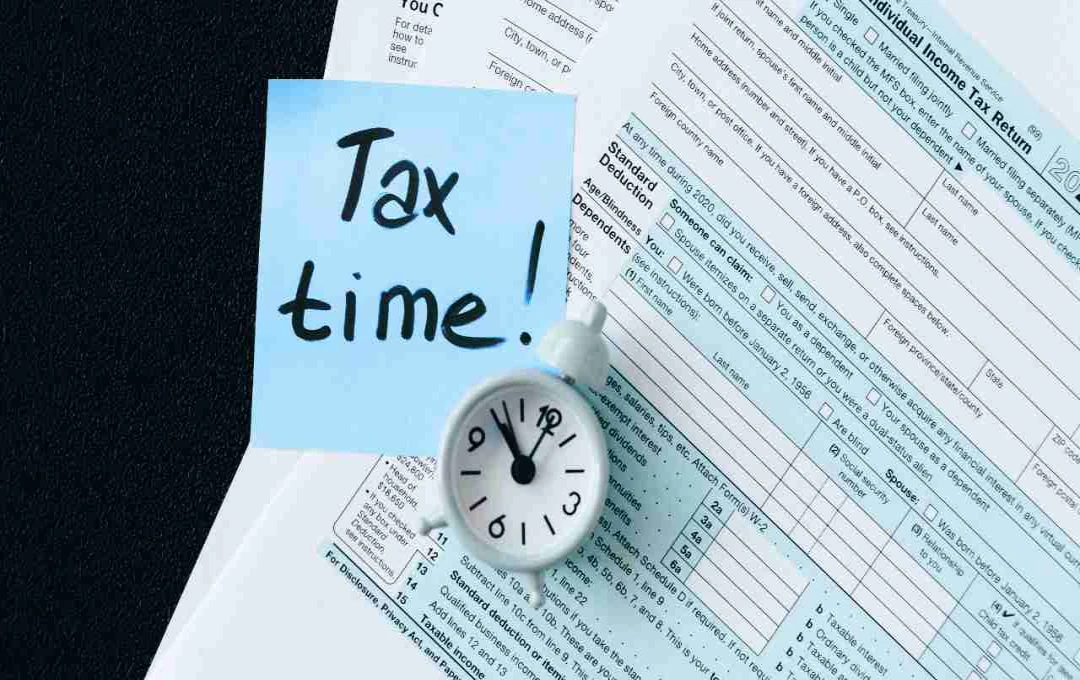Today is the last day to file Income Tax Returns, September 15, 2025. Over 6 crore people have filed their ITRs so far, and the number is estimated to reach 8 crore. First-time filers must pay special attention to the correct form, documents, and e-verification. Filing today is essential to avoid penalties for delays.
ITR Filing: Today, September 15, 2025, is the last date for filing Income Tax Returns (ITR) for the financial year 2024-25 across the country. According to the Income Tax Department, over 6 crore taxpayers have filed their returns so far, and a record 8 crore returns are estimated to be filed this year. Despite challenges like slow portal speed and documentation issues at the last moment, it is crucial for taxpayers to complete the filing with the correct ITR form, necessary certificates, and e-verification. The department has clarified that there has been no official announcement regarding an extension of the deadline, hence filing the return today is necessary to avoid penalties.
Increased Pressure on the Website
As the deadline approaches, the Income Tax website has been experiencing increased pressure. A large number of people are attempting to log in, leading to a slowdown of the site. Many taxpayers are also facing difficulties in downloading forms. However, the department states that work on the portal is ongoing 24 hours a day, and everyone will get an opportunity to file their returns.
Crores of Returns Filed Already

Looking at the Income Tax Department's data, the number of people filing returns has steadily increased over the past few years. In 2021-22, 5.77 crore returns were filed, followed by 5.82 crore in 2022-23, 6.77 crore in 2023-24, and 7.28 crore in 2024-25. This year, over 6 crore returns have already been filed, and a large number of people are expected to file on the last day.
Choosing the Correct Form is Essential
The most important aspect when filing a return is selecting the correct form. Salaried individuals typically use ITR-1 or ITR-2. Those involved in business and professions file ITR-3, while ITR-4 is for small businesses and firms. Filing the wrong form can lead to the rejection of the return.
Documents Required
Several essential documents are required to file an ITR. These include Form 16, Form 26AS, bank interest certificates, Annual Information Statement (AIS), and Taxpayer Information Summary (TIS). Form 16 is issued by the employer, while the other documents can be downloaded from the Income Tax portal and net banking.
Challenges for First-Time Filers
For individuals filing their ITR for the first time, it is proving to be a bit challenging. Firstly, they need to register on the portal. After logging in, it is essential to assess the total tax liability. The portal provides a tax calculator for this purpose, which allows comparison between the old and new tax regimes.
Discrepancies in Income and Documents Can Cause Problems

Sometimes, there are differences between the information in Form 16 held by taxpayers and the details recorded in Form 26AS. Such discrepancies can create problems. If these differences are not rectified, the department may issue a notice for a defective return. Therefore, it is crucial to re-examine all details before submitting the form.
E-Verification is Mandatory
After filing the ITR, it is essential to e-verify it. If the return is not verified within 30 days, it will be considered invalid. E-verification can be done through Aadhaar OTP, net banking, Electronic Verification Code, or by sending a signed copy via post.
Return Filing is Necessary Even with Zero Tax Liability
Many taxpayers believe that if their tax liability is zero, they do not need to file an ITR. However, this is not the case. Filing an ITR is necessary as it may be required for future visa applications, loans, or other financial processes.
Option Between Old and New Regimes
Salaried individuals can choose between the old and new tax regimes when filing their ITR. The new regime has lower tax rates but limited deductions. The old regime offers various exemptions and deductions. Therefore, taxpayers should make a decision based on their individual circumstances.
When Will the Refund Be Received?
Those who have paid excess tax will receive a refund. However, this is only possible if the return has been e-verified. Generally, it takes 7 to 21 days for the refund to be processed. In some cases, it may take 4 to 5 weeks.














